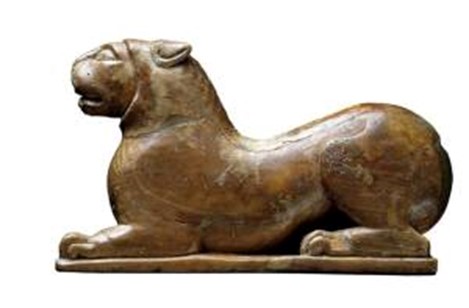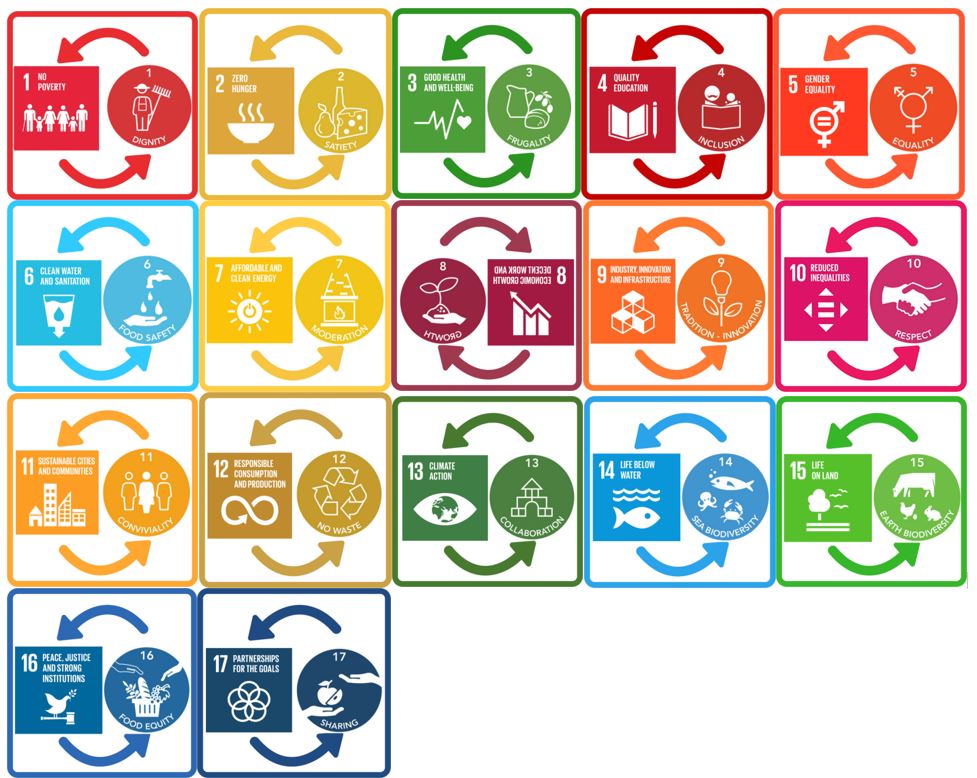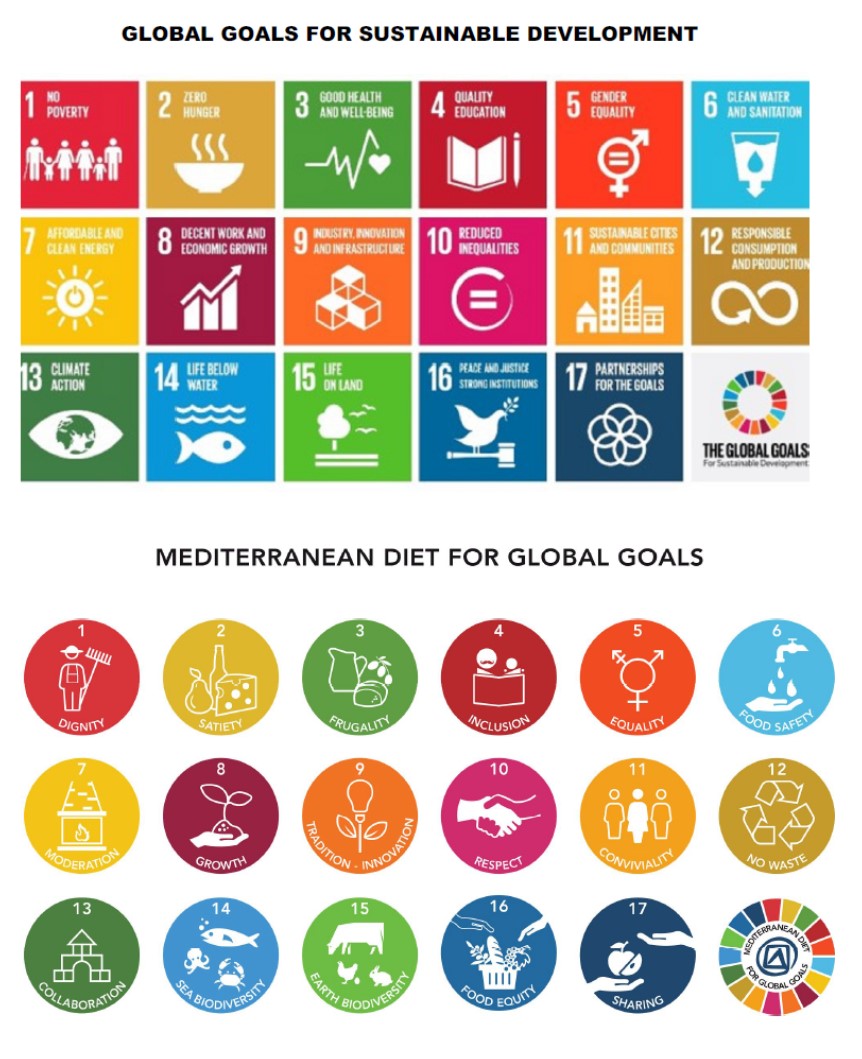MEDITERRANEA CONSULAB shares and disseminate the Set of Values named as Mediterranean Diet (Mediterranean Lifestyle).
Nevertheless, the word ‘Diet’ does not only refer to food.
To associate the Mediterranean Diet to just food is incorrect and reductive.
The Mediterranean Diet is a lifestyle (from Greek ‘diaita’).
Its sustainability encounters all aspects of the human life. Nevertheless, the message of hospitality and ‘conviviality’ it brings perfectly identifies the hotel and catering missions.
In addition, the Mediterranean Diet responds to the Global Goals for Sustainable Development (Agenda 2030).
Use three minutes of you time to better understand how the Mediterranean Hotel Sustainability can help your business.


